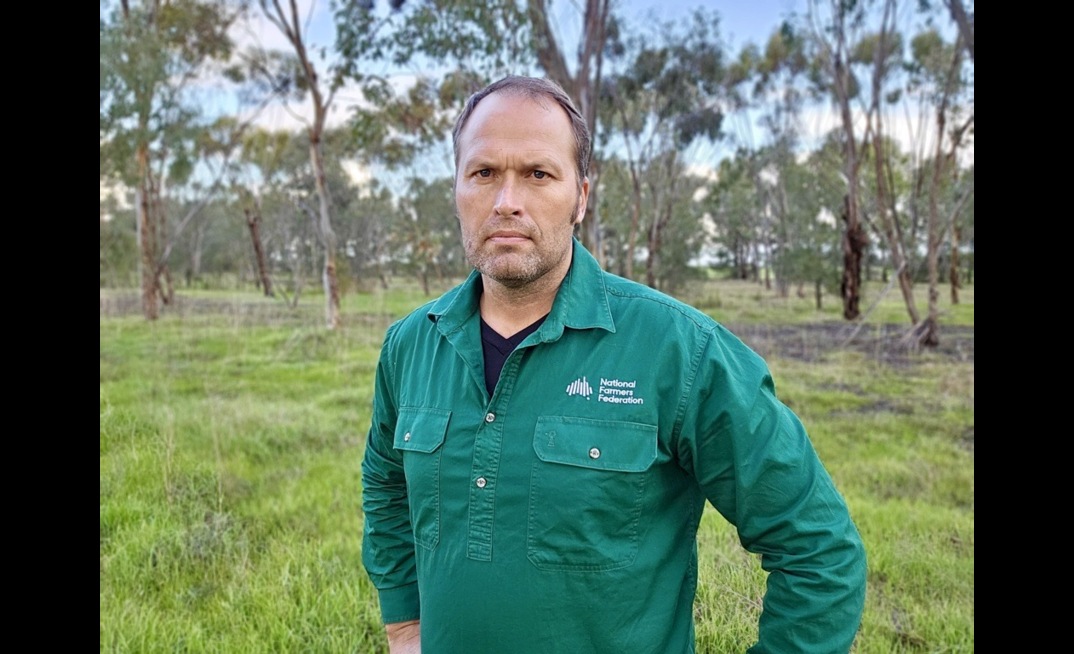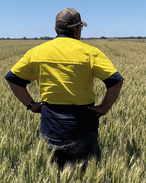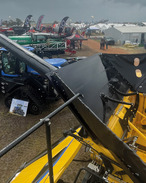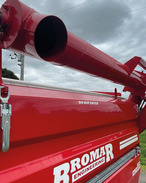In a policy brief published last week, the Australian National University's Tax and Transfer Policy Institute (TTPI) said from a first principles perspective it believes resistance to the proposed levy is justified.
TTPI's assessment backed the Productivity Commission's critiques of the BPL and raised concerns about the revised policy's approach of setting the Levy according to industry Gross Value Product (GVP), which it said is at odds with standard tax practices.
"Normally taxes would be applied on net proceeds, where production costs have first been subtracted from gross revenues," TTPI said.
"An even sounder approach would be to calculate the Levy in relation to the biosecurity benefit and risk profiles of each industry."
Given the weakness of the proposed levy, TTPI said an alternative policy approach is desirable and raises two possible alternatives.
"The first is to increase charges for those who create the biosecurity threats, such as importers and travellers, and the second is to further fund biosecurity protection through general revenue, given that the benefits flow to all Australians," it said.
National Farmers' Federation (NFF) president, David Jochinke, said the report was another example of independent analysis supporting the issues raised by producers.
"We've said from the outset that this is a flawed policy and that producers across the length and breadth of the agricultural sector oppose it," he said.
"The Minister has shown a willingness to listen, having attempted to tweak the proposal in recent weeks, however it is now clear that the policy should not proceed in its current form.
"Producers have welcomed increased contributions from taxpayers and travellers to biosecurity efforts, and have made clear that we are more than willing to work with government on ways the agricultural sector can contribute to strengthening our Australia's biosecurity system, but this policy is simply not the way to do it."
Leader of The Nationals, David Littleproud, said Australian families and farmers will be impacted by the new levy, which will "force Australian farmers to pay for biosecurity costs of international importers."
"The new levy is messy, confusing, complicated and not even Labor can work it out," he said.
"The process is clearly flawed and farmers have lost confidence in the system.
"Labor needs to listen to strong concerns raised by Australian producers, and now university academics, and scrap this senseless new tax."
The TTPI report can be found here.
























